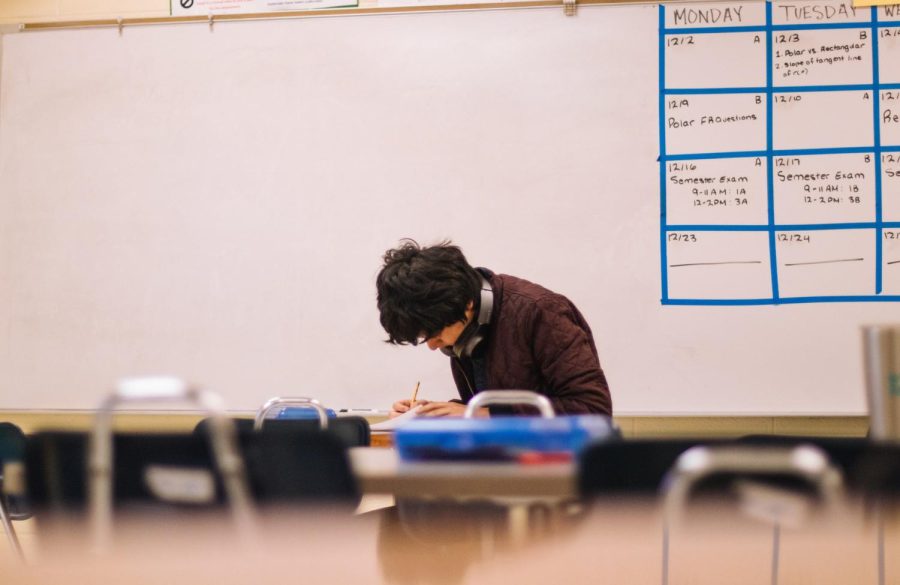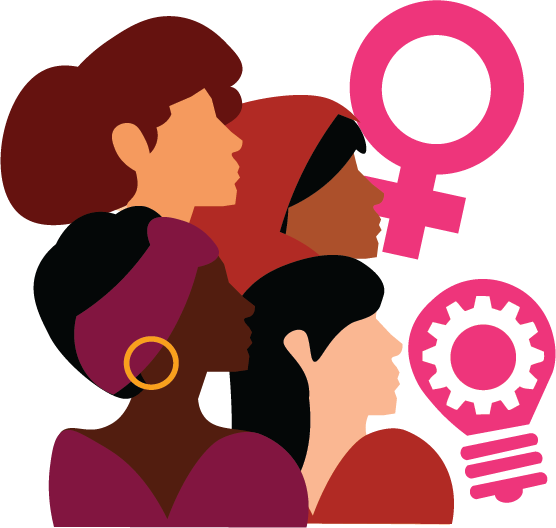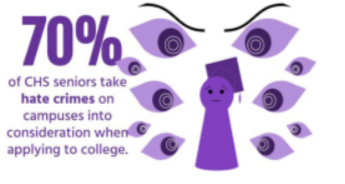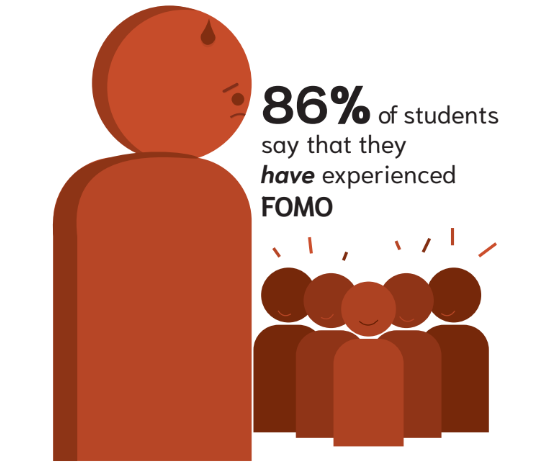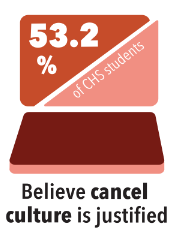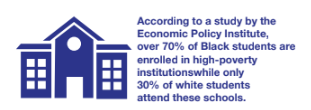2022 Career Day reveals specific college majors yield minor success of time
UNSPLASH PHOTO COURTESY OF Jeswin Thomas
Career day at CHS brings attention to the premature pressure that is on high school students to pick their college majors. https://unsplash.com/license
May 20, 2022
At the 2022 CHS Career Day, alumna Alyssa Rasp confided that she switched her undergraduate major five times before solidifying what she truly wanted to study in college. Rasp currently works as a concert photographer and stands by the fact that her college major choices have allowed her to dabble in all different aspects of the entertainment industry.
Much like Rasp, several other alumni visited CHS on Career Day and shed light on what factors influenced their college major choices.
One of the most pressing dilemmas many high school seniors face is choosing between a broad or niche major, weighing the pros and cons of both. Niche majors may be less competitive, but they require a student to specialize their area of study very early in their career. This may pose challenges if a student decides to change their major or branch out in a slightly different direction.
CHS alumna Caroline Collins, who attended Florida State University, saw the appeal of pursuing a broad major during her senior year mentorship.
“My mentorship made me realize that I did like marketing, but I didn’t want to commit to a full marketing course load,” Collins said. “I decided on a communications major because it was broad and I was fortunate enough to go to a college that had a communications school which had access to a lot of different subjects.”
Alumni Max DeGeorge, who attended the New York University Tisch School of the Arts, shares the same sentiment when it comes to broad undergraduate studies. DeGeorge was in NYU’s Collaborative Arts Program, where students get hands-on training in a wide variety of artistic disciplines.
“I’m so grateful that I went into the collaborative arts program because, in a completely unexpected event like the COVID pandemic, I had a separate set of skills to fall back on that got me to the job I have now,” DeGeorge said.
Regardless of the scope of one’s area of study, college majors are not permanent decisions. According to the National Center for Education Statistics, around 80% of students in college end up changing their major at least once. Rasp found that her experience with switching majors helped her to widen her interests while also discovering what career path she loved.
“I started in photography and then I almost immediately switched to visual journalism. Then I went back to photo and then I did a different [type of] journalism. Then I was in entertainment management,” Rasp explained, noting the different subjects she experimented with. “I feel like all of that combined helped because I learned a lot of different pieces of everything. It made me more well-rounded and gave me knowledge from all different industries.
Another factor that many students consider when choosing their college major is job security. Prospective college students are justifiably concerned about the financial aspect of their futures, and picking a lucrative major seems like a straightforward choice that promises good results. However, CHS alumna Allison Long notes that the choice is not that simple.
Despite her love of writing, Long entered college as a biology major. She quickly discovered that the pre-med track was not for her and switched her major to English.
“I always pressed down writing and pushed it to the side because I had this idea in my mind that being a writer wasn’t a solid career aspiration,” Long said. “That was really frustrating and scary, so when I was trying to pick my major in high school I was like, ‘I might as well become a doctor so I know I have a career, and then I can write on the side.’”
Many people hope to take their college degree and get a job that aligns with their major upon graduation. However, the Federal Reserve Bank of New York reports that only 27% of graduates get jobs in the area of their majors. Alumna Ashley Chu, who majored in Communications and minored in Consumer Psychology at the University of Pennsylvania, shared why she thinks this is the case.
“I feel like what you study in school is not really transferable to a job — unless you’re like a doctor, and even with that you need grad school,” Chu said. “I think the ability to understand what a good project is, or what a good quality piece of work is, and be able to deliver that is more important. It’s not necessarily the subject matter as much.”
This idea of not placing much pressure on college majors and getting involved in many different industries has proved to be a popular way to go amongst CHS alumni.
“I kept it broad, which I do not regret,” Collins said in reflection of her college major journey. “That is definitely my advice. If you can, just get a taste of everything.”



